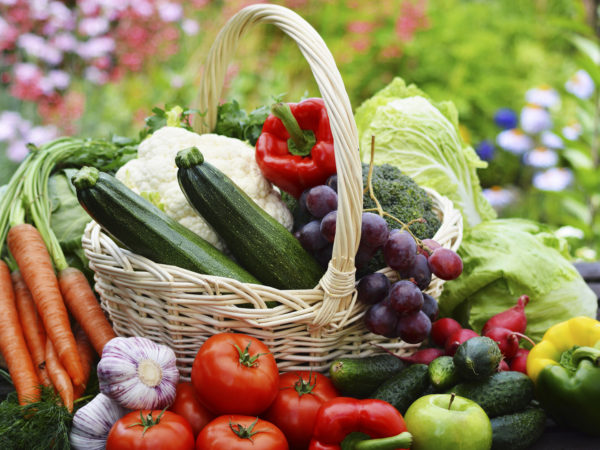In recent years, Organic Food New Zealand has emerged as more than just a trend—it’s now a lifestyle choice embraced by health-conscious individuals across the country. The demand for organic products has surged, reflecting a collective shift toward sustainability, well-being, and environmental care. Shoppers are increasingly drawn to organically grown produce and goods that are free from synthetic chemicals, genetically modified organisms (GMOs), and artificial additives. This movement aligns with New Zealand’s global reputation for clean, green living and agricultural integrity.

One of the major factors driving the popularity of organic food in New Zealand is a growing awareness of the health benefits associated with it. Consumers are becoming more discerning about what they consume and how it impacts their bodies. Organic products are often perceived as fresher and richer in nutrients, primarily because they are grown without harmful pesticides or synthetic fertilizers. Additionally, many believe that these foods taste better, thanks to the natural cultivation processes used.
Environmental sustainability also plays a significant role in this shift. New Zealanders are deeply connected to their land, and this connection has sparked a desire to preserve soil quality, protect biodiversity, and reduce carbon footprints. Organic farming supports these goals by promoting eco-friendly practices such as crop rotation, composting, and biological pest control. These methods not only benefit the planet but also support local ecosystems and wildlife, reinforcing the value of organic agriculture.
Another dimension contributing to the growth of organic food in the country is its increasing accessibility. What was once considered a niche market confined to specialty stores is now found in mainstream supermarkets, farmers’ markets, and online platforms. This availability allows more people to incorporate organic options into their daily lives, regardless of location or budget. Government support and certification standards from organizations like BioGro also enhance consumer trust, assuring buyers that the products meet stringent organic criteria.
Local communities and small-scale farmers are key players in this transformation. Many New Zealanders are turning to community-supported agriculture (CSA) programs, where they receive seasonal produce directly from local growers. This model not only supports the local economy but also fosters a deeper understanding of food origins and sustainable farming practices. As a result, consumers feel more connected to the food they eat and the people who produce it.
The momentum behind Organic Food New Zealand is strong and shows no signs of slowing down. As awareness spreads and infrastructure improves, it’s likely that organic options will become an integral part of everyday Kiwi life—promoting health, supporting farmers, and preserving the environment for future generations.